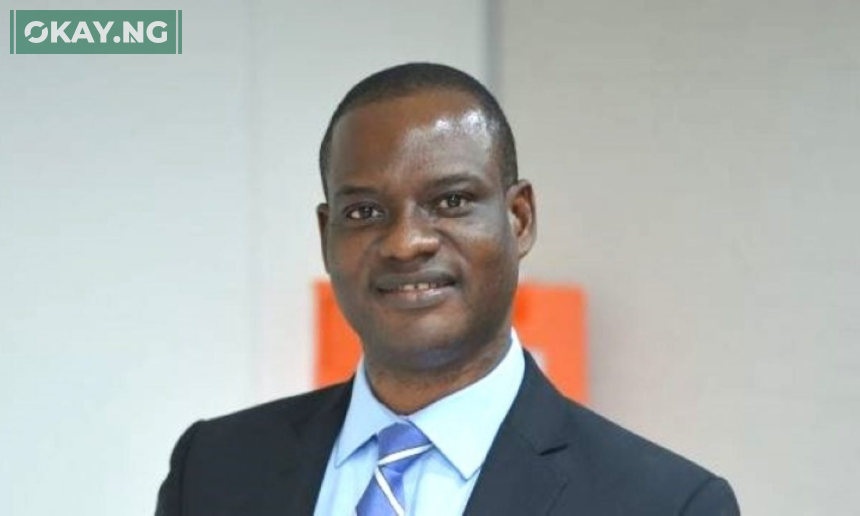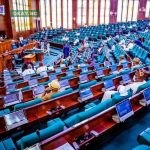Taiwo Oyedele, chairman of the presidential committee on fiscal policy and tax reforms, has underscored the necessity of raising the value-added tax (VAT) rate while announcing plans to review the VAT revenue-sharing formula.
Speaking at a policy exposure and impact assessment seminar organized by the committee on Monday, Oyedele revealed that the committee proposed a significant shift in the VAT distribution mechanism, advocating for a reduction in the federal government’s portion of the VAT revenue from 15 percent to 10 percent.
He also suggested increasing states’ share to 90 percent, to be shared with local governments.
Currently, Section 40 of the VAT Act allocates 15 percent of the tax revenue to the federal government, 50 percent to states, and the remaining 35 percent to local governments.
Explaining the rationale behind the proposed changes, Oyedele said the committee suggested reducing the federal government’s share by 5 percent.
He said, “We are proposing that the federal government’s portion should be reduced from 15 percent to 10 percent. States’ portion will be increased but they would share 90 percent with local governments,” he said.
Oyedele said the committee proposed adjusting the sharing formula for VAT because it is a tax of the states.
“In 1986, we had sales tax collected by states. The military came up with VAT in 1993 and stopped sales tax so they said it would collect VAT and return 15 per cent as cost of collection and that is the 15 per cent charged today came about. But we think it is too much,” he said.
The tax expert added that the burden of VAT should be on the ultimate consumer.
“So we must make it transparent and neutral and this is what over 100 countries where they have VAT are doing,” Oyedele said.
“Nigeria’s economy is more than 50 percent in services and if I just stop at this, many states will be broke because VAT collection will go down by more than 50 percent and it won’t even fly.
“So we therefore need to adjust the VAT rate upward. We would ensure that it doesn’t affect businesses. The only thing is to look at basic consumption from food, education, medical services and accommodation will carry zero percent VAT. So for the poor and small businesses, no VAT.”









